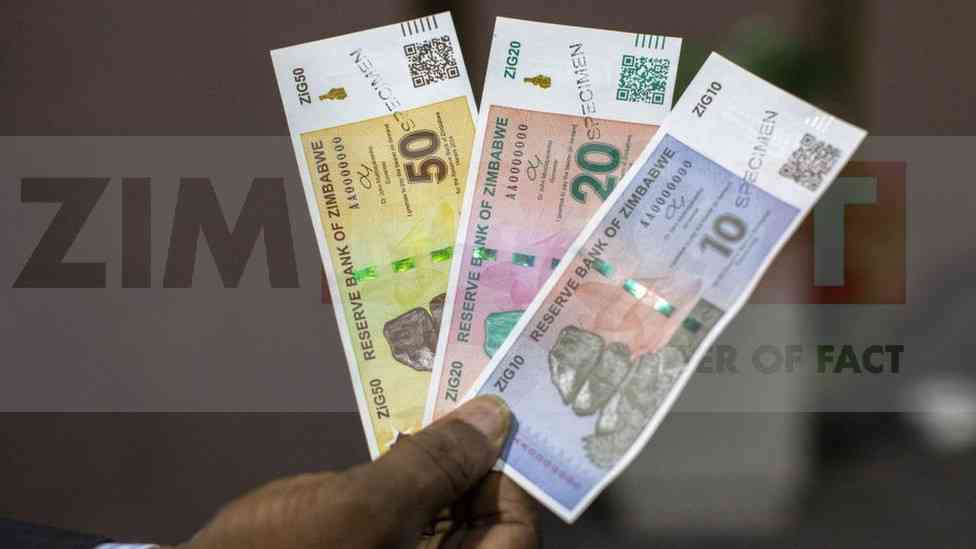ZIMBABWEAN banks are grappling with severe liquidity constraints, exacerbating their struggle to meet exporters’ foreign currency requirements for importing raw materials, businessdigest has learned.
The shortage of foreign currency has significantly impacted the country’s economic development.
Exports are crucial for job creation, profit growth and increased productivity, but banks’ inability to provide adequate foreign exchange (FX) is stifling these sectors.
Fanwell Mutogo, CEO of the Bankers Association of Zimbabwe, confirmed that the current FX situation is hampering banks’ ability to support exporters.
“The insufficient foreign exchange has had an impact on the importers and exporters, hence hindering the banks to meet the needs and demands of both exporters and importers,” he said.
- Triangle retrenches as economy bites
- Caledonia in US$42 million capex drive for 2025
- Mukuru launches mobile wallet in Zim to bolster financial inclusion
- Economy heads for a bloodbath: Biti
- NBS completes Glaudina housing project ahead of schedule
Mutogo expressed optimism that the situation might improve if the recently introduced Zimbabwe Gold (ZiG) currency appreciates.
“As the market accepts ZiG and uses it more for domestic transactions, banks are most likely to receive more voluntary foreign currency sales,” he said.
Although July saw a 10,2% rise in imports to US$823,1 million, this was heavily skewed towards critical imports, with a noticeable decline in raw material imports.
Between June and July, the importation of mineral fuels, oils and related products dropped by 6,3 percentage points, and machinery imports also fell.
Economist Stevenson Dhlamini said exporters in Zimbabwe required various commercial financial products, such as letters of credit, to sustain their operations.
“However, due to the scarcity of correspondent banking relationships between Zimbabwe and international banks, the availability of these instruments has been constrained,” he said.
“This has created a significant financing gap that local banks have struggled to fill.”
Economist Prosper Chitambara believes that building Zimbabwe’s foreign currency reserves is key to resolving the issue.
“We look at a number of countries. In South Africa, they have about US$62 billion in terms of reserves, Zambia has about US$4 billion, and Botswana, about US$5 billion. So, Zimbabwe with about US$400 million, that is probably not adequate,” he said.
“So, I think we need to build our reserves, and we can always use those reserves again to liquidate in the interbank market.”
Economic expert Vince Musewe echoed these concerns, noting that the limited capacity of Zimbabwean banks significantly hampers exporters’ access to essential commercial financing and foreign currency.
“Limited bank capacity for Zimbabwean exporters has had significant implications, hindering their access to essential commercial financing and foreign currency needed for their export activities,” Musewe said.
“This limitation has restricted their ability to import raw materials, pay for logistics, and ultimately generate much-needed foreign currency for the country.”













